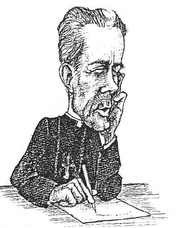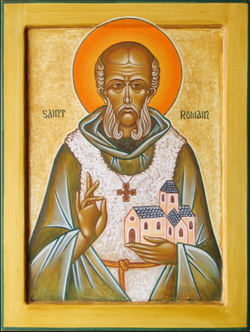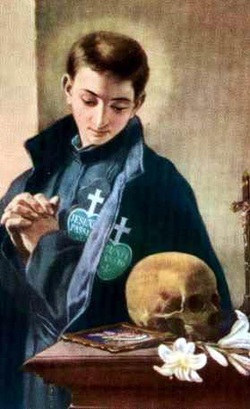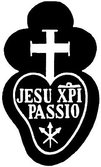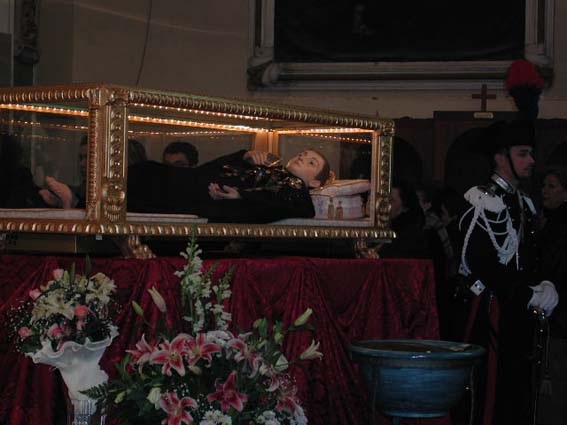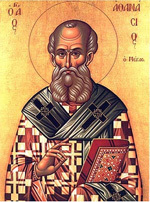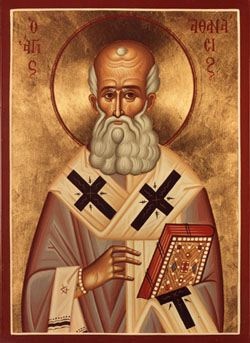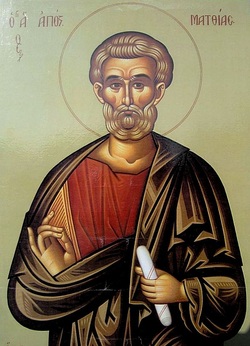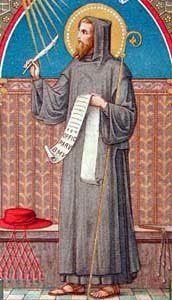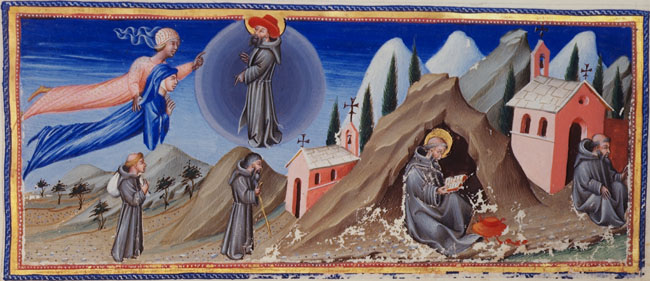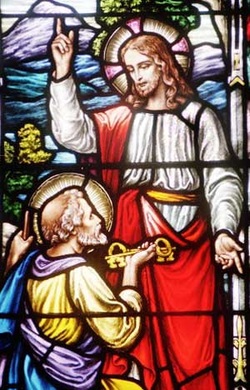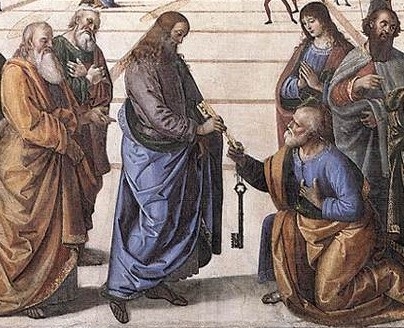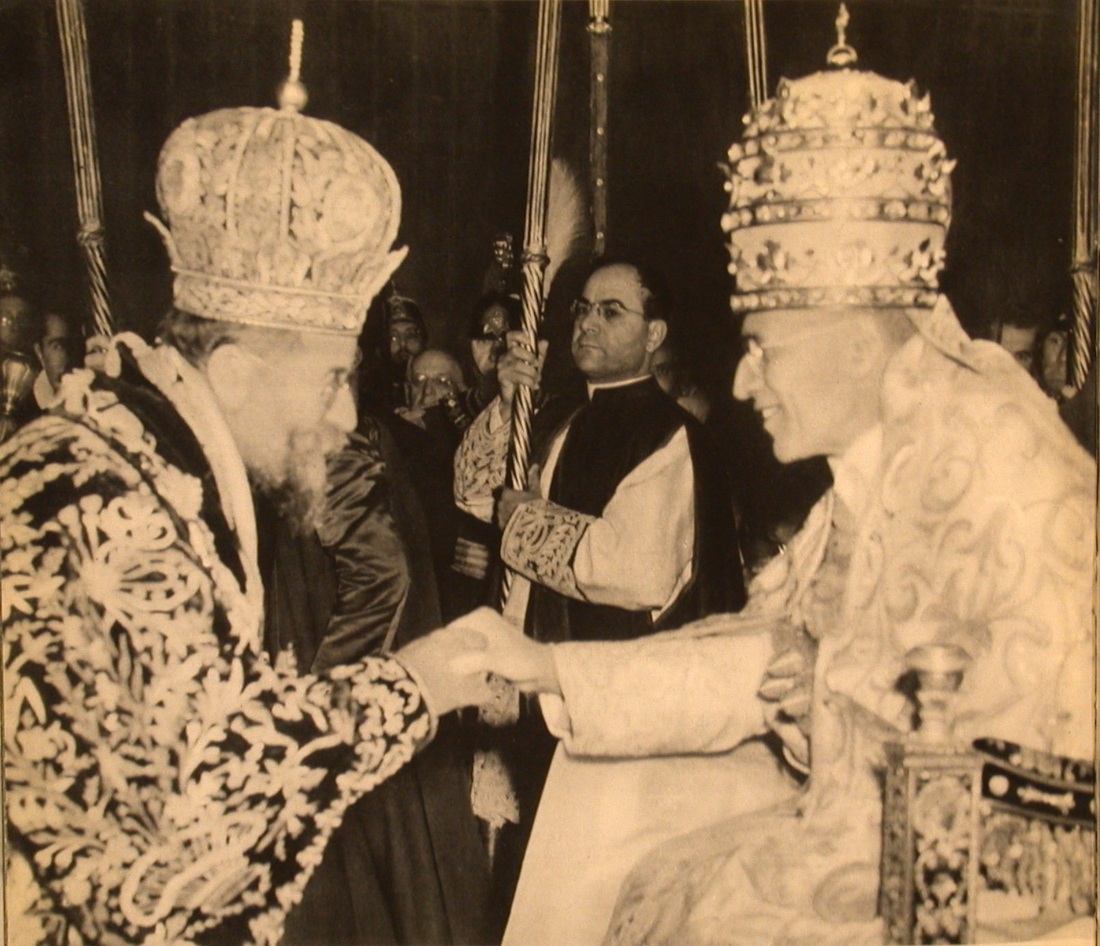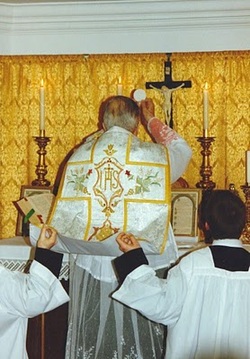
“Jesus of Nazareth was passing by” (Luke, 18:37)
Today’s Gospel relates in simple and touching language how Our Lord miraculously cured a blind man who found out from the noise and excitement that “Jesus of Nazareth was passing by.”The blind man received this great favour because he took advantage of an opportunity when it was given him. If he had neglected to ask Our Lord for the restoration of his sight at the very moment when Christ was near at hand, he would probably have never obtained this great favour.In a similar way we must take advantage of the inspirations of God’s grace when they are given us. If we neglect a grace, if we spurn God’s invitation to perform some good deed, to add to our spiritual perfection, to get rid of a bad habit, etc., then we may have lost the opportunity forever. Whenever we receive a grace we can say that Jesus is passing by, eager to give us something even more beneficial than the gift of bodily sight. We should imitate the poor blind man when such an opportunity comes to us and cry out, “Jesus have mercy on me.”
Next Wednesday the Catholic Church begins the special period of prayer and penance called Lent. If we enter into the spirit of this holy season, we can have the assurance that many graces will be bestowed on us. Everyone of us needs some spiritual favours. Perhaps there are some here this morning who are in mortal sin, the death of the soul. Their condition is far more pitiable than that of the blind man. In the course of Lent Our Lord will surely pass near to such poor persons,giving them the grace to realise how unfortunate they really are, even though they may be very fortunate in the eyes of the world. They should take advantage of His nearness to seek from Him the grace of repentance, the grace to make a good confession and to return to the friendship of God.We do not know when the last opportunity of using God’s graces will be given us.
Many of those who are enjoying good health today and seem to have many years of life before them will begin their last Lent on earth next Wednesday. It would indeed be tragic if any of these persons paid no heed to the precious graces, which Our Lord is prepared to give them. And since none of us knows whether or not he or she will be of this number, each of us should be most careful not to neglect the graces that Our Lord will give us in the course of the Holy season of Lent.
Practical Application
Resolve during this Lent to do penance, at least by observing the laws of fast, which are now so easy. Resolve also to practice some special devotion regularly, particularly the daily rosary
